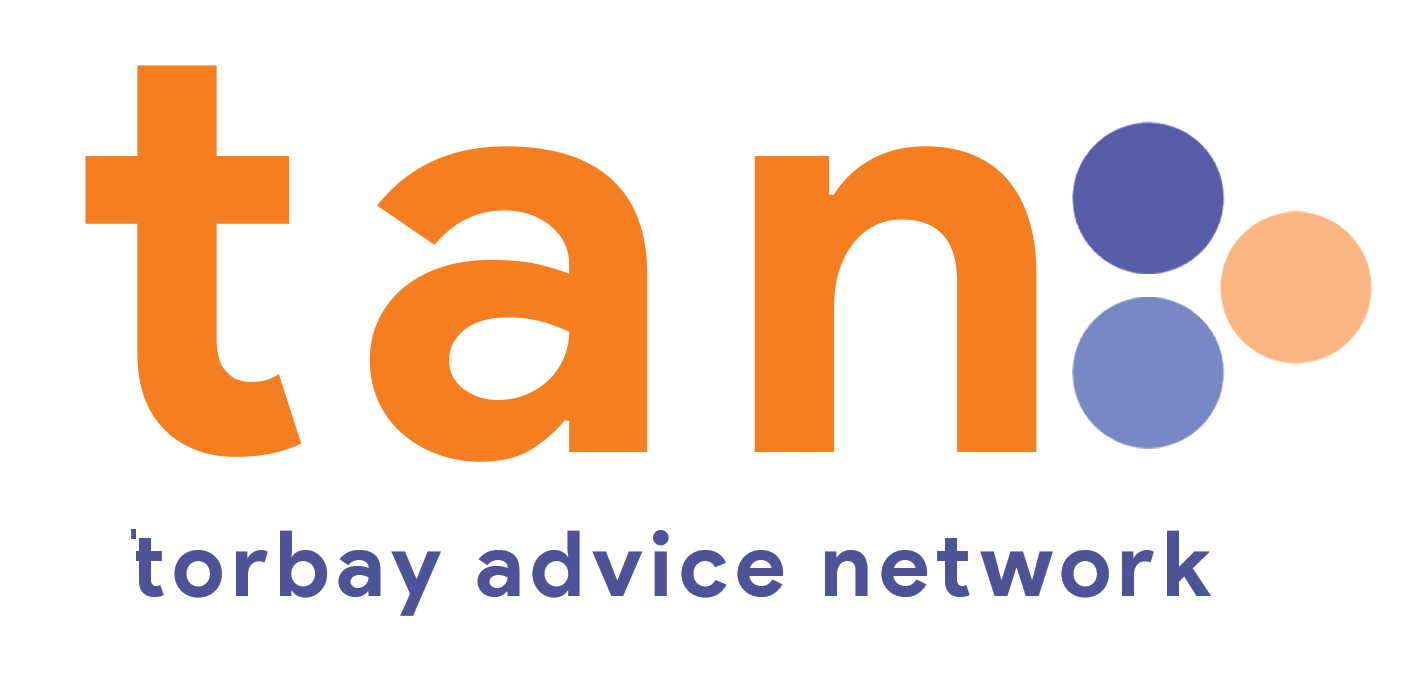This is the final report of the Commission on the Future of Employment Support, which has been managed by IES in partnership with abrdn Financial Fairness Trust. The Commission has been a two-year investigation comprising extensive evidence gathering and analysis, public polling and co-design of proposals for reform.
Despite the challenges of the past few years, including the cost of living crisis, this report shows that people still think that everyone should be able to do more than merely survive. Meeting basic needs alone is not enough for people to thrive. They need to be able to connect with others, have choices and opportunities and feel included in society. For many people in the United Kingdom (UK), there continues to be a gap between what they have and what they need for a decent standard of living.
Unpaid carers or informal carers – anyone who provides care, unpaid, for a friend or family member who due to illness, disability, a mental health problem or an addiction and cannot cope without their support – play a key role in the health and care system. Here we unpack who is likely to be an unpaid carer, how often care is provided, who people care for and how care is funded.
At the highest level, this analysis shows that England’s health and care services continue to be under
enormous pressure and, despite the best efforts of dedicated staff, unable to meet the needs of all the older people requiring treatment, care and support. The trend towards this was already firmly in place before the pandemic; it was greatly exacerbated during those traumatic two-plus years; there has been a creditable degree of recovery since then in some areas of provision; but in others it has not yet proved possible to arrest the decline in capacity, service availability and performance, with extremely worrying implications for older people and their families and communities.
While handling record demand, the social care sector in England is facing workforce, resource and funding pressures. There are also millions of people providing unpaid care. The new Labour government […]
A five-point plan for effective enforcement of employment rights in the UK.
More people will need social care in the future. Just to meet the expected growth in demand for social care from an ageing population, an additional £8.3bn per year could be needed by 2032/33.
What are primary care networks?
Primary care networks (PCNs) are groups of GP practices that work together, and with other health and care providers, to deliver a wider range of services to the local population than might be possible within an individual practice.
While many GP practices have worked with others over many years – for example, in super-partnerships, federations, clusters and networks – the NHS Long Term Plan and the five-year framework for the GP contract, published in January 2019, formalised this way of working through an optional extension to the national GP contract. This extension is known as Directed Enhanced Services (DES) and provides funding specifically for services delivered through a primary care network1.
Men in the most deprived areas in England live nearly 10 years fewer than those in the least deprived. It is clear working in partnership is the key to addressing men’s health – and councils are ideally placed to lead and foster that.
Around 1 in 20 adults in the UK are estimated to be malnourished or at risk of malnutrition, and its impact can be profound. Malnutrition can increase the risk of illness and infection, increase […]


